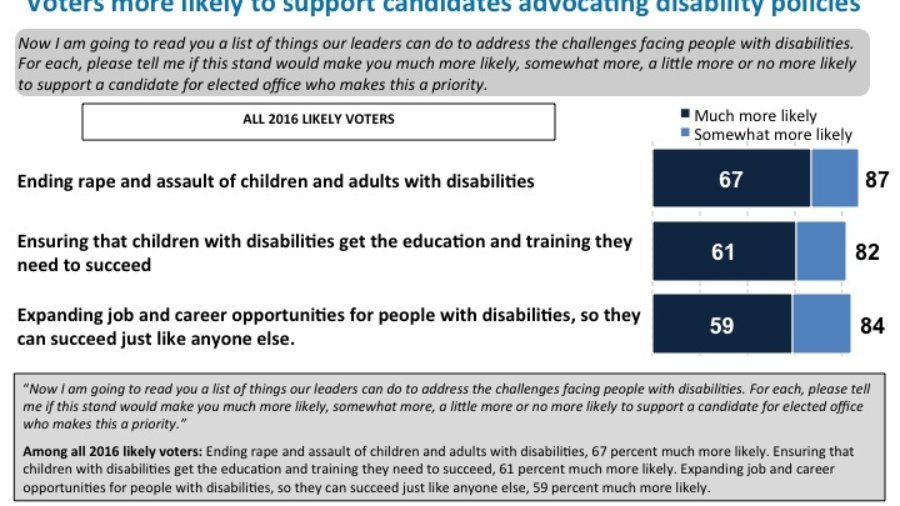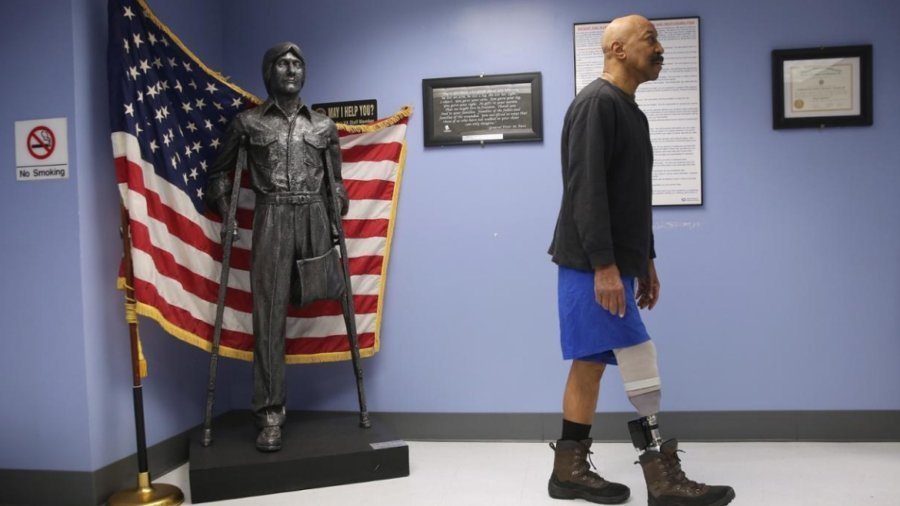National Voter Registration Day
 Washington, Sept. 26 – RespectAbility is honored to participate in the sixth annual National Voter Registration Day (NVRD), a nonpartisan effort to encourage people to register to vote and make their voices heard in our nation’s political process. Today, organizations nationwide will register thousands of new voters.
Washington, Sept. 26 – RespectAbility is honored to participate in the sixth annual National Voter Registration Day (NVRD), a nonpartisan effort to encourage people to register to vote and make their voices heard in our nation’s political process. Today, organizations nationwide will register thousands of new voters.
However, if you read the news today, many people might feel discouraged, disconnected or unconvinced that their voices matter. Last year, it was clear that getting the vote out mattered with the high stakes of a presidential race and key Senate contests across the country. What about this year? Why should people get out, get registered and get out the voter in a quiet year like 2017? The reason is simple.
As the former Speaker of the United States House of Representatives Tip O’Neill famously said, “All politics is local.” Did you know that 59 of the 100 largest cities in America are holding elections this year? Did you know there are 36 mayoral races and more than 360 city council races in 2017 alone? In communities across the country, local, municipal and state elections are taking place this year.




















